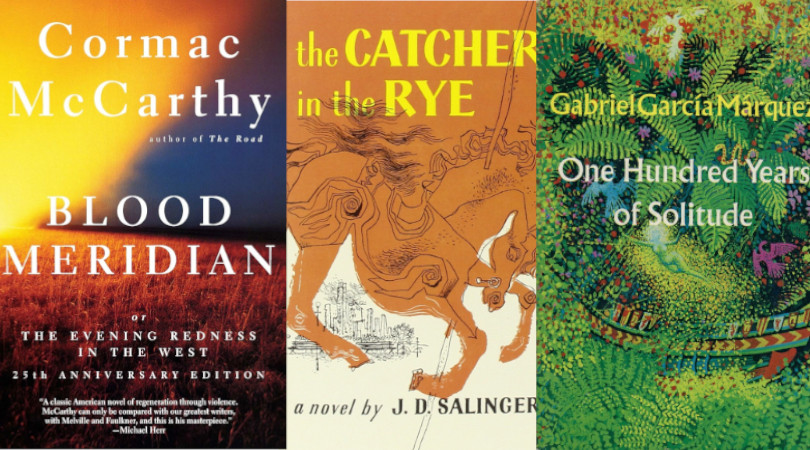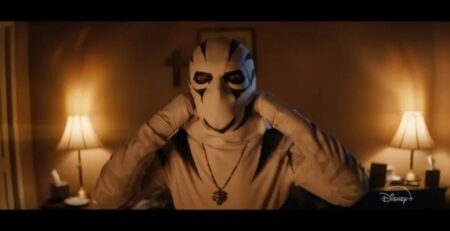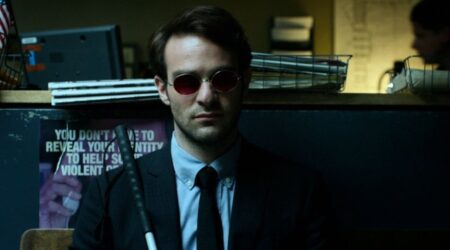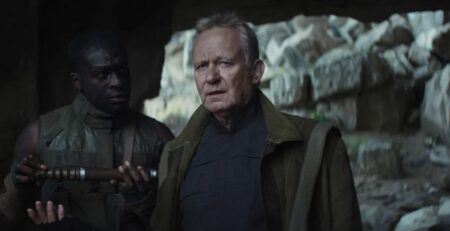Book adaptations have become a much more prominent aspect within the world of film. This isn’t all that surprising, especially with the immense success that Dune (2021) has had in just its first week of being released. Even with the 1984 adaptation of Dune directed by David Lynch, a common argument that’s been made is that some books would be unfilmable. Whether it’s the plot, characters, or themes, it’s no wonder why many fans of the original book series considered Dune to be one an unfilmable book.
With all of this in mind, I wanted to take a look at other books that would be difficult to adapt into either film or as a tv show. The idea behind labeling certain books as “unfilmable” comes from books that have immense success but have almost never been adapted due to various issues beyond not having the adaptation be attempted. I took various elements into consideration to make this list, including historical context, author decisions, themes, and certain literary elements that wouldn’t translate well into film.
Even though one of the books on this list will be getting an adaptation, an argument is made as to why I worry about this adaptation capturing what made this particular work unique. This isn’t to say that books should be considered unfilmable since they won’t be completely faithful to the original work.
The Catcher in the Rye by J.D. Salinger

Premise: Holden Caulfield has just been expelled from the prep school that he attends. Feeling confused and disillusioned, he sets off on a two-day journey to search for the truth and rails against the constant “phoniness” of the adult world. On his journey, Holden deals with situations that will leave him exhausted and have him question his own sanity.
The Catcher in the Rye is considered by many, including myself, to be both a staple within American literature and one of the most definitive young adult novels. Having influenced other pieces of media like The Breakfast Club, Perks of Being a Wallflower, and Taxi Driver, it begs the question as to why no book adaptations of a novel that’s held to such high regard has been attempted. A major part of this being the case was because Salinger was very adamant about never letting his books be adapted into films.
There’s also the unwanted attention the book has gotten due to its associations with various crimes, including Mark David Chapman using the book as a motive for murdering John Lennon or the attempted assassination of Ronald Reagan. While these two incidents didn’t disrupt the world’s fascination with Salinger’s novel and the character of Holden Caulfield, that sort of attention may not sit well with certain viewers if it were made into a film.
Various other elements could also get in the way of a possible book adaptation. One essential element is the character of Holden. Most of the commentary that he makes is very much meant to be read rather than shown. Most of his comments come from such a personal place that it could prove to be difficult to translate this to film. There is also the aspect of mental health and the way in which it would be incorporated into the impact it has on Holden.
It’s no secret that films still struggle to include the theme of mental health into its characters. It isn’t certain that this topic would be given the proper attention and development through film. Am argument could also be made on whether to cast known or unknown actors, but it’s difficult to assume on how one might go about bringing such a complex character to life on screen.
A Hundred Years of Solitude by Gabriel Garcia Marquez

Premise: The story follows several generations of the Buendia family and is told through hundreds of years. Most of the story takes place during a violent and turbulent time in Latin American history, beginning with the postcolonial 1820s to the 1920s. Several stories encapsulate the rich history of the family and the town they live in.
Aside from being one of the most prevalent authors in Latin American history, Garcia Marquez is one of the prominent figures who established magical realism as it is today. The literary term is used to describe literature that depicts the real world as having an undercurrent of magic or fantasy. Magical realism is used to describe the people who live in the town that Buendia family lives in while also describing the town itself.
For instance, there’s a rainstorm that lasts five years, a boy whose head is surrounded by butterflies, and a priest who levitates after eating chocolate. While those seem like practical things to accomplish through film, it’s the description and incorporation of magical realism that truly makes this memorable.
While it was announced in 2019 that the book would be adapted into a miniseries by Netflix, it’s difficult to imagine not only how magical realism will be incorporated but also the effect it will have on the overall story. With no other announcements in terms of cast or crew, I can’t help but be worried about how this adaptation will turn out.
The worries I have in regards to One Hundred Years of Solitude being an unfilmable book don’t come from this being a faithful adaptation but rather because of the “show, don’t tell” technique. This technique is done by authors do to have readers experience the story through action, words, thoughts, senses, and feelings rather than just telling this to their readers. The tv series will, in a literal sense, show rather than tell but the intricacies of Garcia Marquez’s story are difficult to imagine anywhere else rather than in prose form.
Blood Meridian by Cormac McCarthy

Premise: The story, which is loosely based on historical context, follows a teenage boy who is only referred to as “the kid.” Most of the story focuses on his experience with the Glaton gang, a historical criminal group that massacred Indigenous Americans and others in the US-Mexico borderlands from 1849-1850.
If the book’s premise doesn’t immediately unsettle you, then I don’t know what will. By the premise alone, an argument can be made as to why this is an unfilmable book. Even though many consider this novel to be McCarthy’s magnum opus, it’s hard to dismiss how incredibly violent it is. Violence in films has been a popular topic of discussion, especially when it comes to how over-the-top some films can be.
It’s hard to imagine that this book adaptation wouldn’t receive massive pushback for just how grotesque the violence can get. There is also the character of Judge Holden, the antagonist of the book, who many readers often describe as the “embodiment of pure evil.” It would prove to be difficult to have an actor convincingly adapt this concept to a character and make it seem believable.
A lot of the narrative isn’t structured like a traditional novel. Much of the book has “the kid” travel with different people and commit crimes. The slow pace wouldn’t translate well if it were to be adapted into a film. Various film adaptations of Blood Meridian have been attempted over the years but none have gone past the pre-production stage of development.
While this list could have included many other unfilmable books, the three highlighted above are just prime examples of the various obstacles that can come from attempting to adapt books to film. It won’t be surprising if and when all three books mentioned above are adapted but it will be interesting to see what approaches are taken. However, some potential book adaptations are better left as prose rather than be labeled as unfilmable books.





